Trauma Risk Management (TRiM) Australia
Building Resilience | Protecting Futures
» Training
Click the links below to jump to the training information:
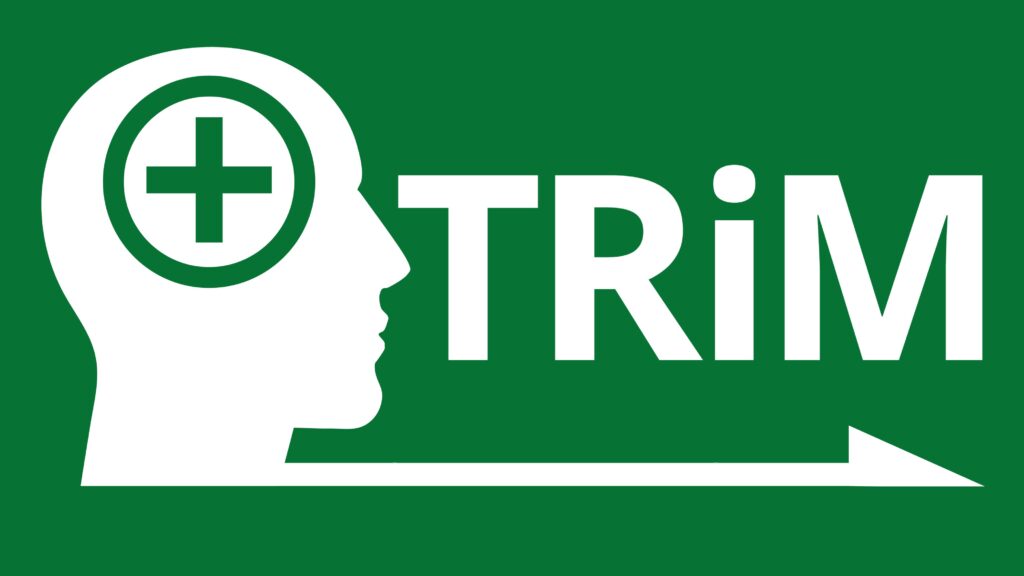
TRiM Practitioner Training
This two-day course prepares selected personnel to take on the role of TRiM Practitioner, delivering structured, peer‑led trauma risk assessments following critical incidents. Participants learn how to identify individuals who may be at risk of psychological harm, hold supportive conversations using evidence‑informed tools, and escalate concerns to professional support when necessary. The course provides practical experience in post‑incident filtering, risk factor assessment using the BDA model, and accurate documentation. TRiM Practitioners do not provide therapy but act as trusted peers who can respond early, spot emerging issues, and guide colleagues towards help—building an in‑house capability that is non‑clinical, credible, and designed to operate in high‑risk, high‑tempo environments.
TRiM Manager Training
Designed for qualified TRiM Practitioners stepping up to lead organisational trauma risk management, this two‑day course focuses on oversight and coordination. TRiM Managers learn how to filter incidents to identify staff needing assessment, plan and run TRiM responses, task and supervise Practitioners, and maintain organisational records for governance and risk reporting. They also develop skills to run post‑incident team reviews (PETRs), provide advice to leadership, and ensure quality and consistency across TRiM activities. This training builds confidence to manage complex or sensitive trauma responses and positions managers to maintain clear accountability and psychological safety across their teams.

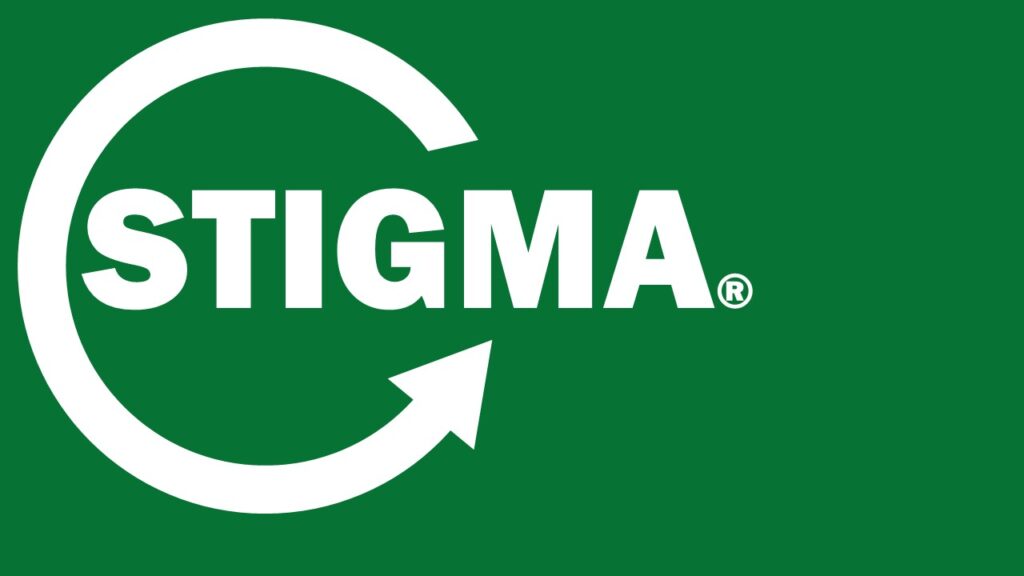
Stigma: Workforce and Leadership
This one-day course tackles the stigma that prevents staff from seeking help early and being open about mental health challenges. Designed for both general staff and leaders, it explores how language, behaviours, policies, and unspoken rules can discourage openness, trust, and early intervention. Participants learn to spot subtle signals—like avoidance, banter, or silence—that shape workplace culture, and leaders examine how their decisions and communication style influence psychological safety. The course provides practical skills for responding supportively to colleagues, modelling openness, and making structural and cultural changes that reduce stigma. By combining workforce and leadership perspectives, it gives organisations a unified approach to creating a culture where people feel safe to seek help without fear or judgement.
Stigma (DFR): Workforce and Leadership
Tailored specifically for Defence and First Responder environments, this one-day course addresses the unique cultural and operational factors that contribute to stigma. It examines how command expectations, team loyalty, image, and performance pressures can silence conversations about mental health or prevent people from seeking support. Participants learn practical tools to break down harmful norms without undermining credibility or cohesion, while leaders explore how to model trust and set the tone for openness under operational pressures. By combining workforce and leadership content, this version tackles stigma at both team and command levels, providing credible, actionable strategies to create safer and more supportive operational cultures.

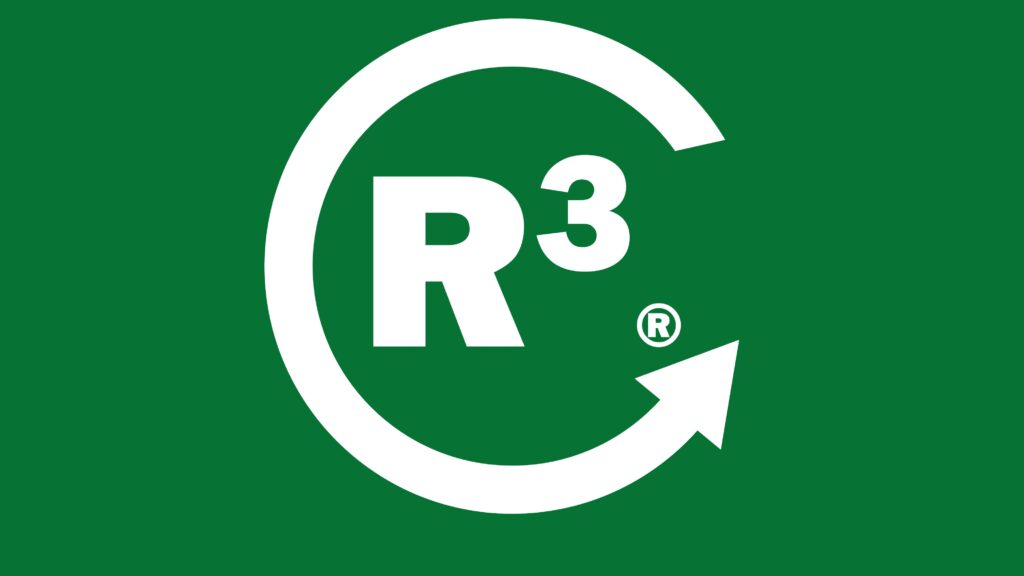
R3: Resilience/Readiness/Resolve
R3 is a modular programme designed to strengthen personal and team resilience in high‑pressure environments. Delivered as one or more interactive sessions, it equips participants with practical strategies to manage stress, recover from setbacks, and stay effective under operational pressure. Topics include emotional regulation, fatigue management, boundary setting, critical incident readiness, and team trust. Each module is hands‑on, combining evidence‑based content with reflection and practical exercises, giving staff the tools to manage personal wellbeing and support colleagues. R3 can be customised to workforce or leadership needs and scaled from single workshops to extended resilience pathways.
Mental Health First Aid (MHFA)
This nationally accredited two‑day course teaches participants to recognise signs of mental health problems and respond effectively, including in crisis situations such as suicidal thoughts, panic attacks, or acute stress responses. Delivered with practical, real‑world focus, MHFA builds confidence to have safe conversations, provide immediate support, and connect people to professional help. Participants gain skills using the MHFA Action Plan (ALGEE), ensuring they respond with clarity, empathy, and appropriate boundaries. By reducing stigma and improving early intervention, MHFA empowers workforces to support colleagues and communities safely and confidently.
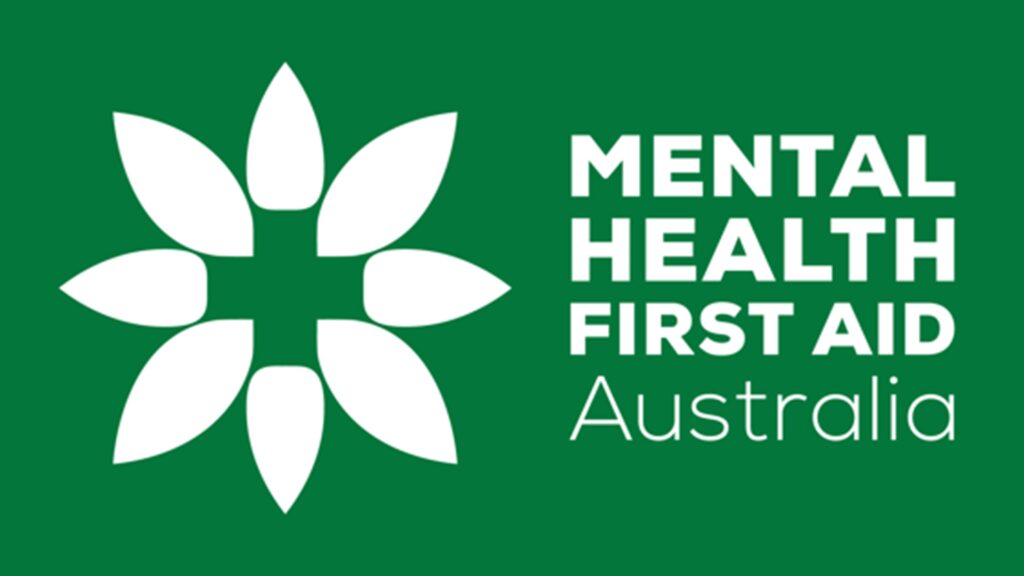
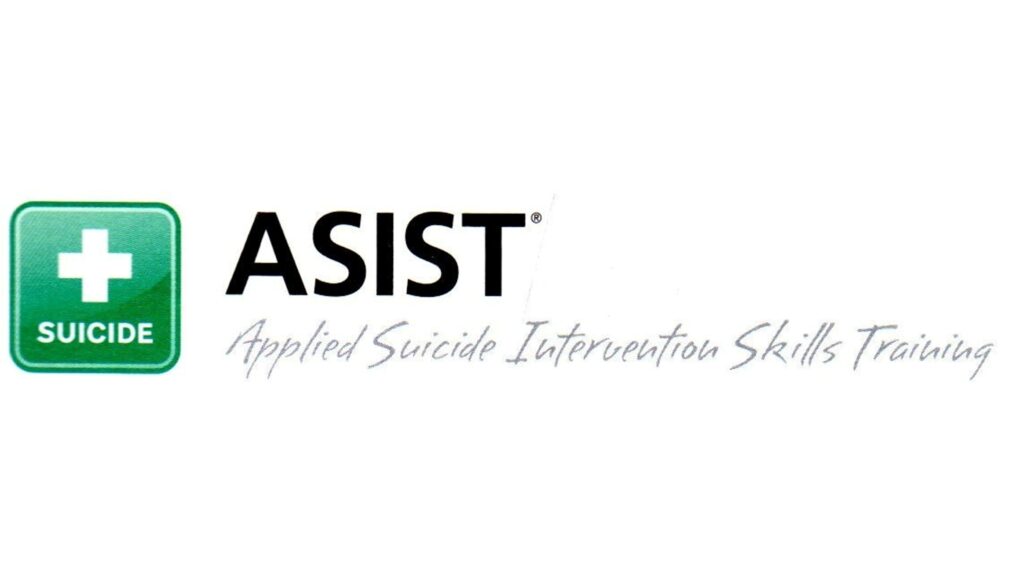
Applied Suicide Intervention Skills Training (ASIST)
ASIST is an internationally recognised two‑day course teaching how to confidently intervene when someone is experiencing suicidal thoughts. Participants learn how to ask directly about suicide, reduce immediate risk, and collaboratively build a safety plan using the LivingWorks Pathway for Assisting Life (PAL) model. The course includes structured roleplay and practical application, ensuring attendees leave with hands‑on experience and the confidence to act when it matters most. ASIST is ideal for anyone in a position to support others, particularly frontline staff, supervisors, peer supporters, and welfare roles in operational or high‑risk environments.
